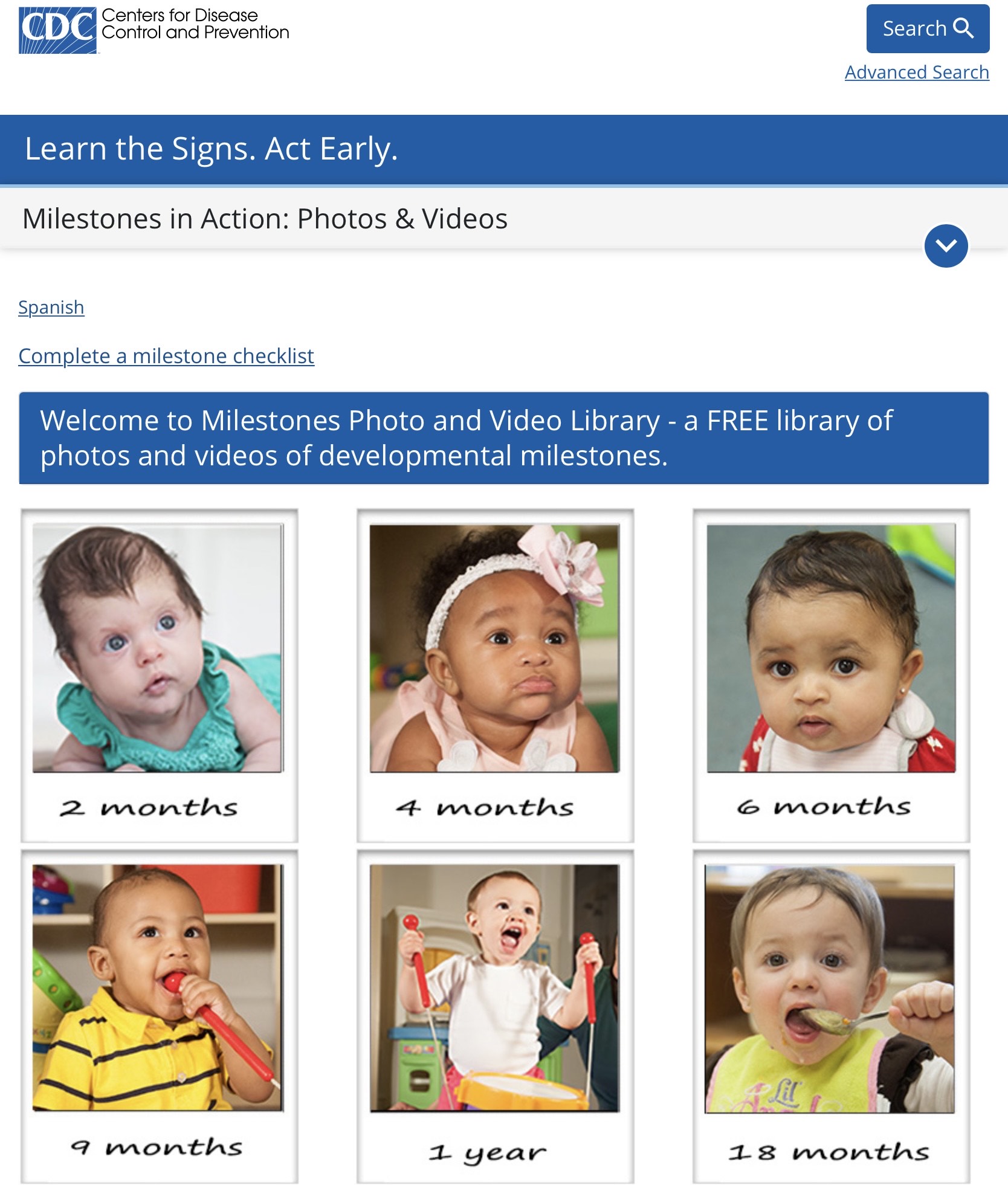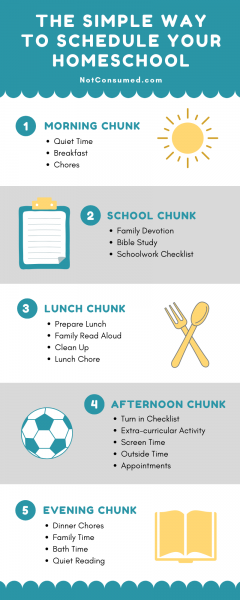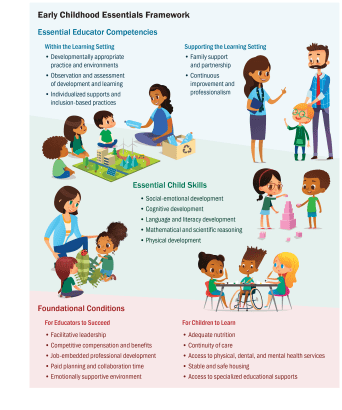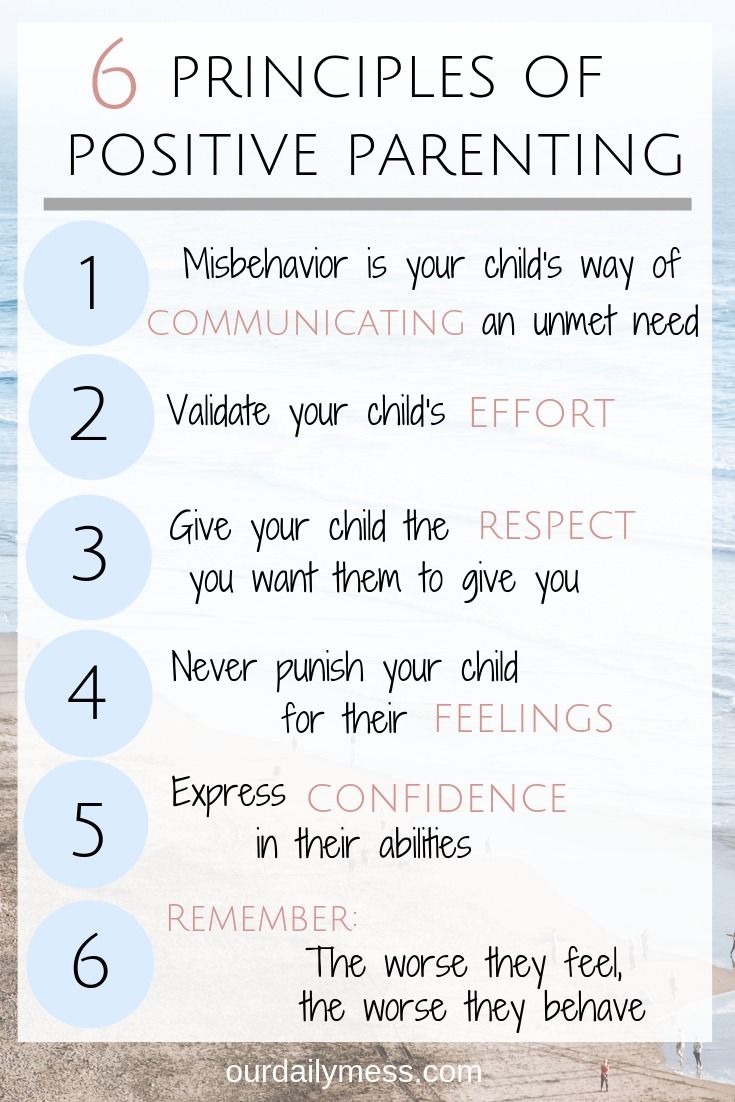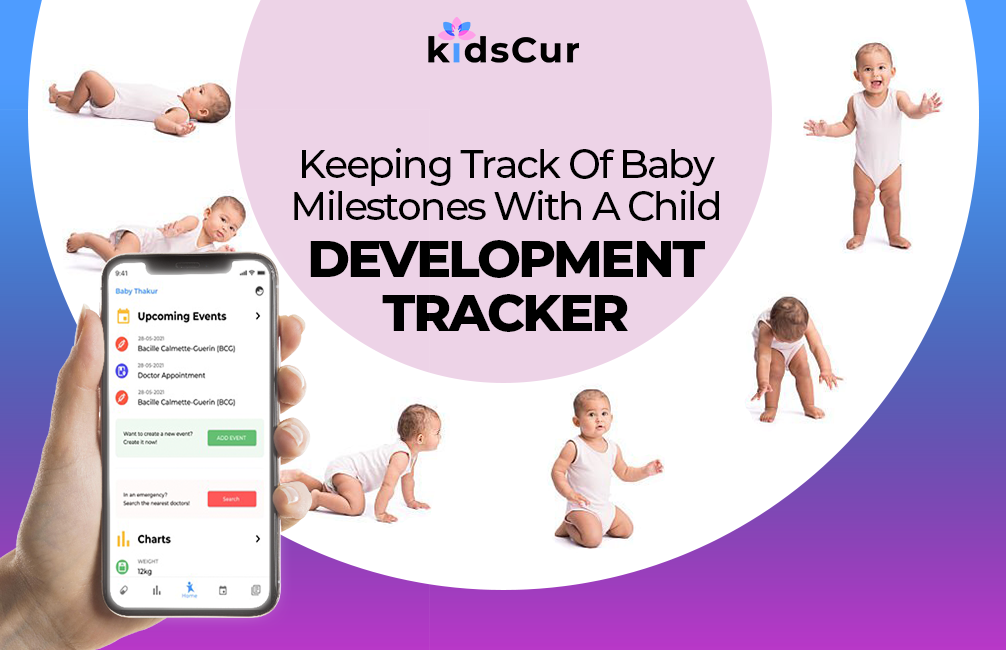As a new parent, it can be overwhelming to keep track of your infant’s development. You may wonder if your baby is developing at the right pace or if there are any red flags to watch out for. In this post, we will cover 10 early signs of infant development that every parent should know.
1. Head Control
Around 3 months old, babies should be able to hold their head upright when sitting. By 4 months, the baby should be able to hold their head steady when lying on their stomach.
2. Eye Contact
Around 6-8 weeks old, babies should begin to make eye contact with their caregivers. This is an important milestone in social development.
3. Smiling and Laughing
By 3-4 months old, babies should start smiling and laughing in response to familiar faces and stimuli.
4. Reaching and Grasping
Around 4-6 months old, babies should begin to reach for and grasp objects, such as toys or their caregiver’s finger.
5. Rolling Over
By 6 months old, most babies should be able to roll over from their tummy to their back.
6. Sitting Up
Between 6-9 months old, babies should be able to sit up on their own without support.
7. Crawling
Around 8-10 months old, babies should begin to crawl, either traditionally or in their own unique way.
8. Babbling and Communication
Between 6-8 months old, babies should begin to babble and make sounds. By 12 months old, they may say their first words.
9. Object Permanence
Around 8-12 months old, babies should understand that objects still exist even when they are out of sight.
10. Walking
Between 9-15 months old, babies should begin to take their first steps and eventually walk independently.
Remember that all babies develop at their own pace, so don’t be too alarmed if your baby doesn’t reach all these milestones at the exact time frame. However, if you notice any persistent delays or red flags, it’s always a good idea to consult your pediatrician.
By knowing these early signs of infant development, you can track your baby’s progress and ensure they are reaching important milestones for their age.







